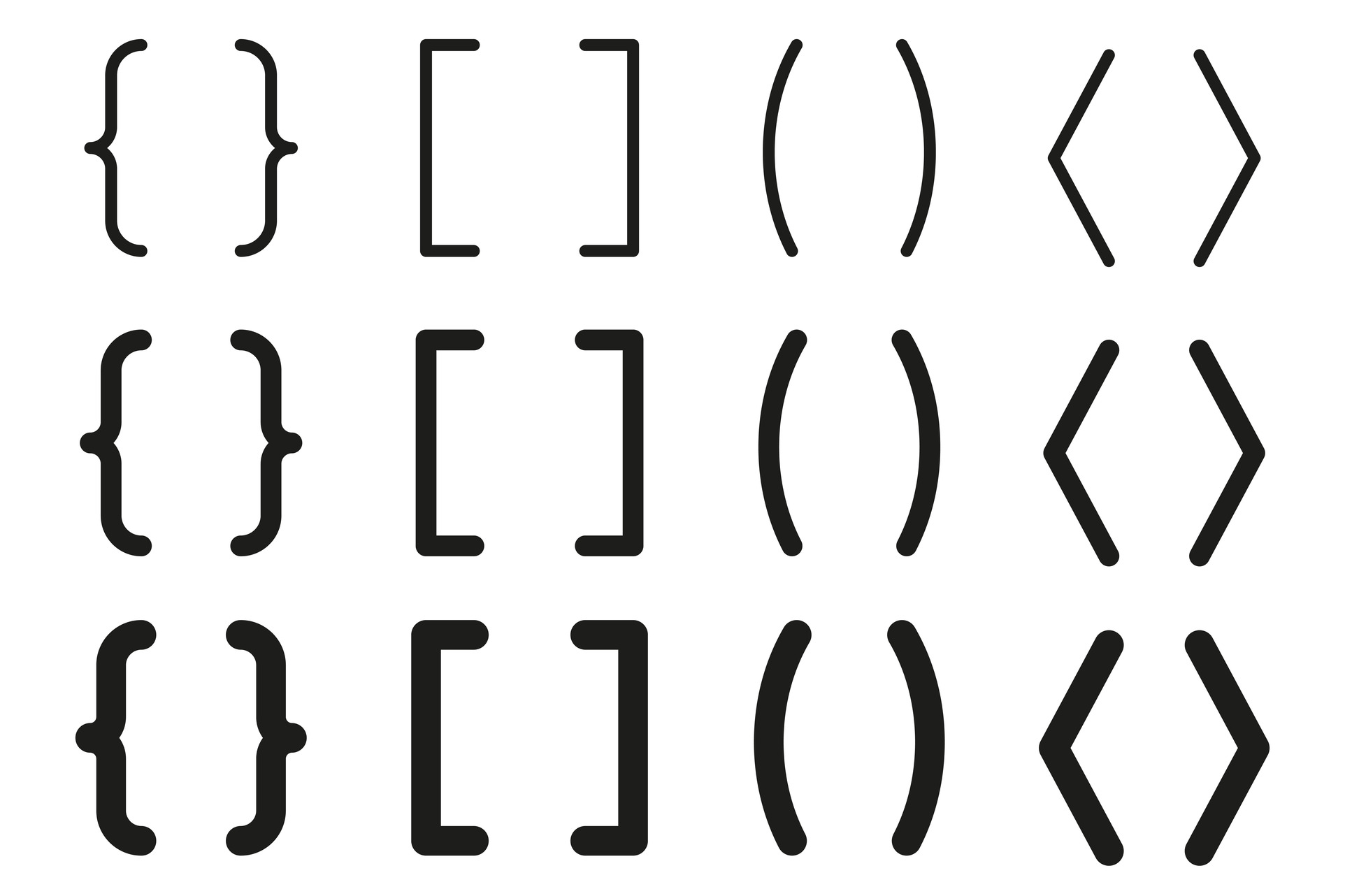Students pursuing their research either for their Masters or Ph.D. are always advised to structure their research manuscripts in a logical and effective manner. Specifically,
Tag: tips for researchers

The world of academic research will often bring you face to face with review articles. These articles may seem complex, but they’re really about evaluating

In the field of research, ChatGPT is viewed as a tool that can enable researchers and students to have access to information, data, trends, and

Research is like building a towering structure, with each new discovery, insight or idea adding another layer to its foundation. But what often goes unnoticed

A literature review is an integral task of an academic’s journey as they begin working on their thesis or dissertations. Spending adequate time in doing

The art of paraphrasing text is an essential skill that early career researchers need to master. It involves rewriting someone else’s ideas and concepts in

It is not uncommon to see scholars getting confused with the usage of the terms annex and appendix. These two terms that are often used

Academic journals, mainly in sciences, are requesting authors to ensure the inclusion of a graphical abstract alongside traditional text-based abstracts when submitting their research papers.

Case study methodology offers researchers an exciting opportunity to explore intricate phenomena within specific contexts using a wide range of data sources and collection methods.

Most early-career academicians and PhD students spend a lot of time in research. They are often engaged in submitting papers to journals and conferences and

For every student or researcher embarking on a Master’s or PhD degree, the thesis defense is a pivotal moment. It’s a significant step in their

Getting one’s research study published is a cherished objective of researchers all over the world. During this process, many researchers target leading and well-known publications

The purpose of notes, whether footnotes or end notes, is mainly to provide additional information or to cite sources of facts or quotations used in

The scholarly publishing landscape has witnessed tremendous upheavals over the past decade or so. Digital technologies have evolved rapidly, and artificial intelligence (AI) and machine

Academic research is a methodical way of exploring new ideas or understanding things we already know. It involves gathering and studying information to answer questions

Understanding the difference between the discussion and conclusion sections in research papers is crucial for researchers to convey the importance of their work effectively. While

One use of statistical analysis is to make inferences from data samples to larger populations. Point estimation uses a sample statistic to estimate an unknown

Stratified sampling is a sampling method used by researchers to divide a bigger population into subgroups or strata, which can then be further used to

Ethical norms and practices are integral to the conduct of any scientific research studies and especially so when dealing with human or animal study subjects.

Academic and non-academic writing are two distinct forms of written expression, each serving a unique purpose and catering to different target audiences. While academic writing

A research problem is defined as a specific issue, question or gap in knowledge in a particular field that a researcher aims to explore and

Web of Science is an online search platform designed to meet the needs of scientific and scholarly researchers. It includes multiple databases created specifically to

Writing a research paper is an essential part of an academic career. However, the task can be quite challenging especially for early career researchers unfamiliar

Effective policy decisions require a solid foundation of evidence and expert insights, highlighting the crucial role of research in policy making. For students and early

As researchers, you’re expected to create new knowledge, but this demands more than expertise; it requires you to stay updated on the latest, most relevant

Every type of research includes samples from which inferences are drawn. The sample could be biological specimens or a subset of a specific group or

Ethnographic research, rooted in the discipline of anthropology, is a systematic and immersive approach for the study of individual cultures. Ethnographic research methods involve the

Embarking on the journey from writing your manuscript to being ready to submit to a journal can be a formidable and time-consuming task. The meticulous

Challenges with handling multiple research projects Researchers often tend to work on multiple research projects simultaneously. These could be in similar or different stages of

Descriptive research is a methodological approach that seeks to depict the characteristics of a phenomenon or subject under investigation. In scientific inquiry, it serves as

What is parenthetical citation? Parenthetical citation uses parentheses to cite sources in a text from which the information or quote is taken. This type of

Scholars and academics invest substantial time and effort in conducting research and generating academic content based on their scholarly pursuits. While some research endeavors may

As a PhD student or early career researcher, the journey through academia is both exhilarating and challenging. Among the hurdles you’ll encounter, one of the

Embarking on a PhD or research journey is akin to embarking on a quest for knowledge, a quest that often hinges on a crucial ally

It’s not uncommon for budding academics to make errors in research, such as leaving out key aspects when setting up the research project. That is

Does your reputation play a role in your success and, if yes, how to build a personal brand in academia? The researcher community continues to

Pursuing an academic career can be exciting and rewarding, given its scope for discovering and developing new and innovative solutions to issues plaguing society. However,

One of the most important things academics need to master is knowing how to find scholarly articles. Scholarly sources play a crucial role in research,

The question, “What is a research problem statement?” is usually followed by “Why should I care about problem statements, and how can it affect my

A cross-sectional study (cross-sectional analysis or transverse study) offers an overview of a specific population in terms of an outcome at a given point in

When academics start their PhD journey they are driven and extremely enthusiastic. Driven by the prospect of earning a doctoral degree, they are excited about

The PhD journey is marked by intellectual growth, groundbreaking research, and the promise of becoming an expert in one’s chosen field. However, this path is

Literature reviews provide a comprehensive understanding of existing knowledge in a particular field, offer insights into gaps and trends, and ultimately lay the foundation for

Peer review is the bedrock of academic publishing, a meticulous process designed to ensure the quality and credibility of research before it reaches the wider

Developed after decades of study, the groundbreaking concept of a growth mindset was first introduced in 2006 by Carol Dweck, a Stanford University psychologist, through

The limitations of the study convey to the reader how and under which conditions your study results will be evaluated. Scientific research involves investigating research

Theoretical framework 1,2 is the structure that supports and describes a theory. A theory is a set of interrelated concepts and definitions that present a

Researchers spend a significant amount of time and resources conducting research studies in the hope of generating new knowledge and insights. However, if they are

Researchers often face a lot of challenges in understanding how to tell if a source is credible for their academic pursuits. From traditional paywalled articles

According to a recent examination of the Retraction Watch Database, conflicts of interest in research contributed to approximately 1% of the retraction notices issued from
